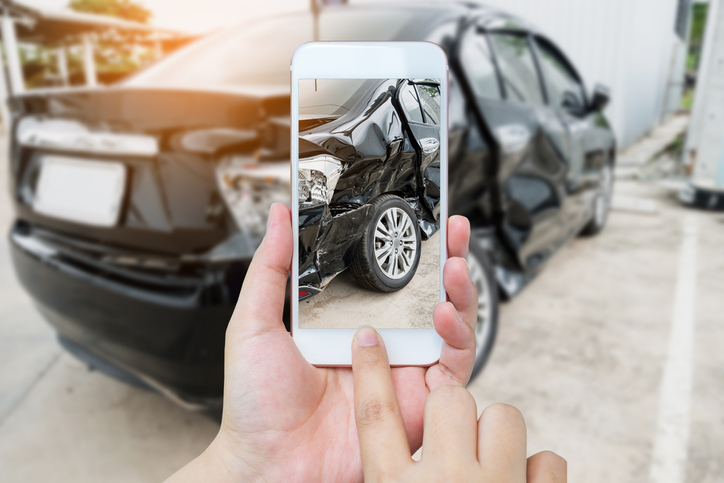In Texas and elsewhere, if you have been involved in a car accident, the use of social media with respect to this accident can potentially have an impact on the outcome of a case. Here’s how social media might influence a car accident claim:
- Evidence against your claim: Anything you post on social media could potentially be used against you. For example, beware of claiming severe injuries but then posting pictures of yourself doing physically demanding activities shortly after the accident. If you do this, you risk having the opposing side make the argument that your injuries are not as severe as you claim.
- Contradictory statements: If you provide a version of events on social media that differs from the official statements you give in your claim, this inconsistency could be used to challenge your credibility.
- Character assessment: Posts that depict reckless behavior, substance abuse, or other negative character traits could potentially be used by the opposing party to put you in an unfavorable light, even if they are unrelated to the accident.
- Timeline of events: Social media can provide a record of where you were and what you were doing at certain times. This can either work for or against you, depending on how it aligns with the details of your claim.
- Emotional distress claims: If you’re claiming emotional distress or mental anguish, but your social media profiles show you in good spirits or enjoying life after the car accident, the opposing side might argue that your emotional injuries are not as severe as you claim.
- Damage assessment: Photos and descriptions of vehicle damage or injuries shared on social media can be used to assess the extent of damages, potentially influencing settlement negotiations or court proceedings.
- Pre-existing conditions: Information about pre-existing medical conditions or injuries posted on social media may be used by insurance adjusters to argue that some injuries were not related to the accident, affecting the compensation amount.
Precautions To Take With Respect To Social Media
- Limit social media use: After an accident, beware of what you post on social media. You might want to consider avoiding all forms of social media altogether until your claim is resolved.
- Limit bad-mouthing behavior: If you are the victim and happen to mention anything negative about the negligent party, their lawyer, or their insurance, it can be used to suggest vindictive behavior.
- Adjust privacy settings: Ensure your profiles are set to private. However, even with strict privacy settings, assume anything you post could still be discovered and used in your case.
- Avoid discussing the accident: Refrain from discussing any details of the accident, your injuries, or the claim itself on any social media platform. For example, simple statements such as “I crashed my car”, or stating “It was really my fault” and “I’m doing well” can hurt your case, suggest liability, and reduce settlements.
- Inform close connections: Let friends and family know not to post about your accident as well or tag you in posts that could be related.
- Document evidence privately: If you need to document evidence related to the accident, such as photos of the scene or your vehicle, do so privately and share it only with relevant parties (e.g., insurance companies, law enforcement) through secure channels. Avoid posting this evidence on public platforms.
The Attorneys at Ceja Law Firm Help Those Who Have Been Involved in a Car Accident
If you are involved in a car accident claim in Texas, it’s crucial to consult with a local attorney experienced in personal injury law. Ceja Law Firm can provide guidance tailored to your situation, including advice on managing your social media presence during the claims process. Our legal team has the resources to thoroughly investigate your claim and develop an effective strategy on your behalf, all while protecting your rights. Contact Ceja Law Firm as soon as possible to schedule your free initial consultation to discuss your case.
